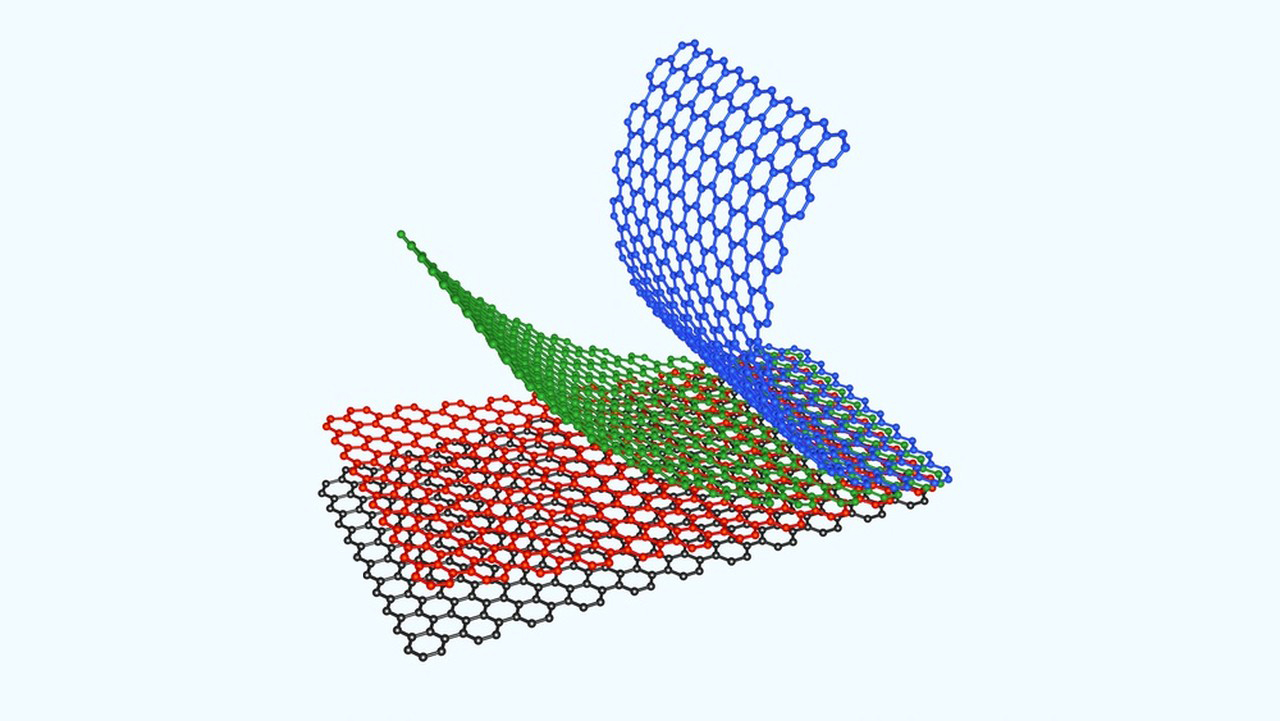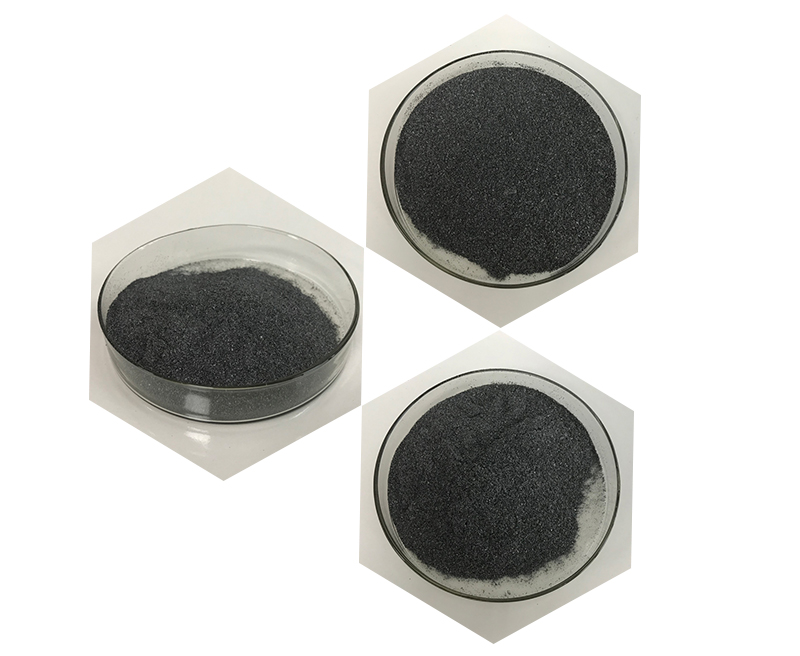Graphene, a single layer of carbon atoms arranged in a hexagonal lattice, has gained significant attention in recent years due to its remarkable properties.
Potential Benefits of Graphene
Conductivity: Graphene is an excellent conductor of electricity. Its high electron mobility makes it suitable for applications in electronics, such as flexible and transparent conductive films for touchscreens, solar cells, and electronic devices.
Strength and Flexibility: Despite being incredibly thin, graphene is exceptionally strong and flexible. It has the highest known tensile strength of any material, making it a promising candidate for lightweight and durable materials in various industries, including aerospace and automotive.
Transparency: Graphene is transparent, allowing for its use in transparent electrodes. This property is valuable for applications like transparent conductive films in displays, sensors, and solar cells.

Thermal Conductivity: Graphene has high thermal conductivity, making it suitable for applications in heat management. It could be used in thermal interface materials to improve the efficiency of electronic devices by dissipating heat more effectively.
Barrier Properties: Graphene is impermeable to gases, including even the smallest molecules like helium. This property makes it valuable for creating barrier films in packaging to protect against moisture and gases.
Biomedical Applications: Graphene has potential applications in medicine, such as drug delivery systems, biosensors, and imaging. Its biocompatibility and unique properties make it a promising material for various biomedical devices.
Energy Storage: Graphene-based materials are being explored for energy storage applications, including supercapacitors and batteries. The high surface area and electrical conductivity of graphene enhance the performance of these energy storage devices.
Water Purification: Graphene oxide membranes have shown promise in water purification processes. The selective permeability of these membranes allows for efficient filtration of various substances, making them useful for desalination and water treatment.

Sensor Technology: Graphene-based sensors can detect a wide range of substances due to their high sensitivity. Applications include environmental monitoring, medical diagnostics, and wearable technology.
Lightweight Materials: The combination of strength and low weight makes graphene an ideal candidate for lightweight materials in industries such as automotive and aerospace, potentially leading to more fuel-efficient vehicles and aircraft.
It’s important to note that while graphene shows great promise, some challenges, such as large-scale production and integration into commercial products, need to be addressed for widespread adoption in various industries.
